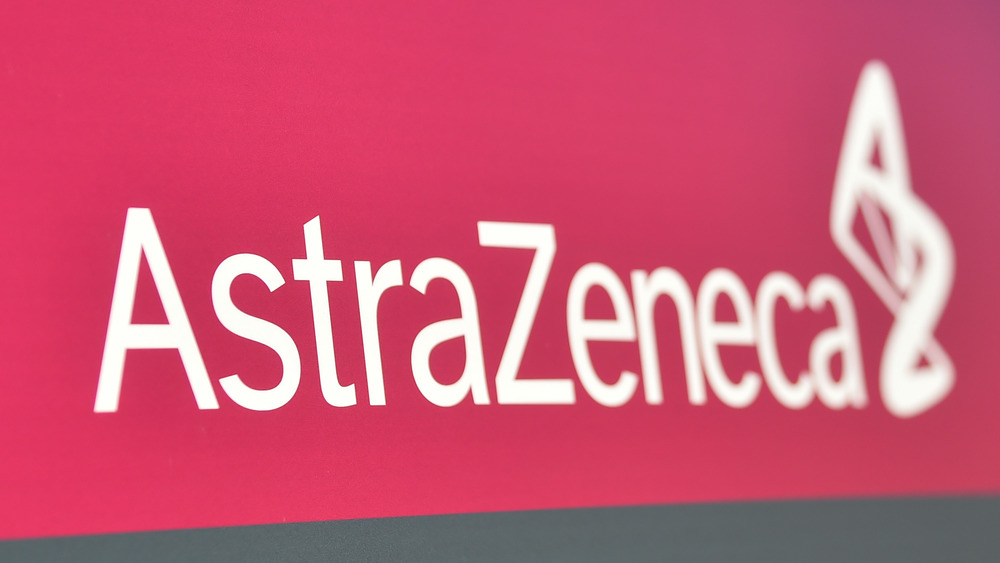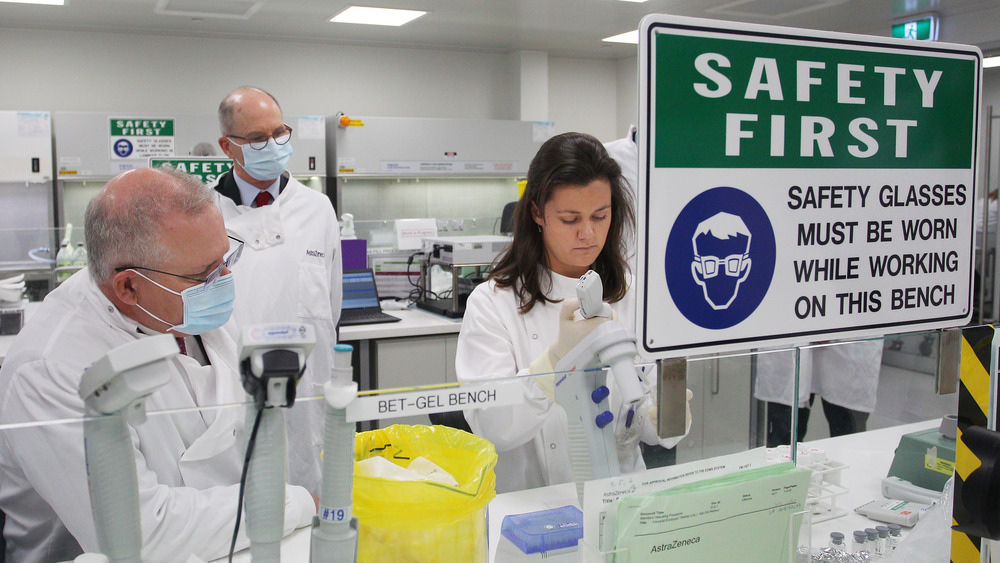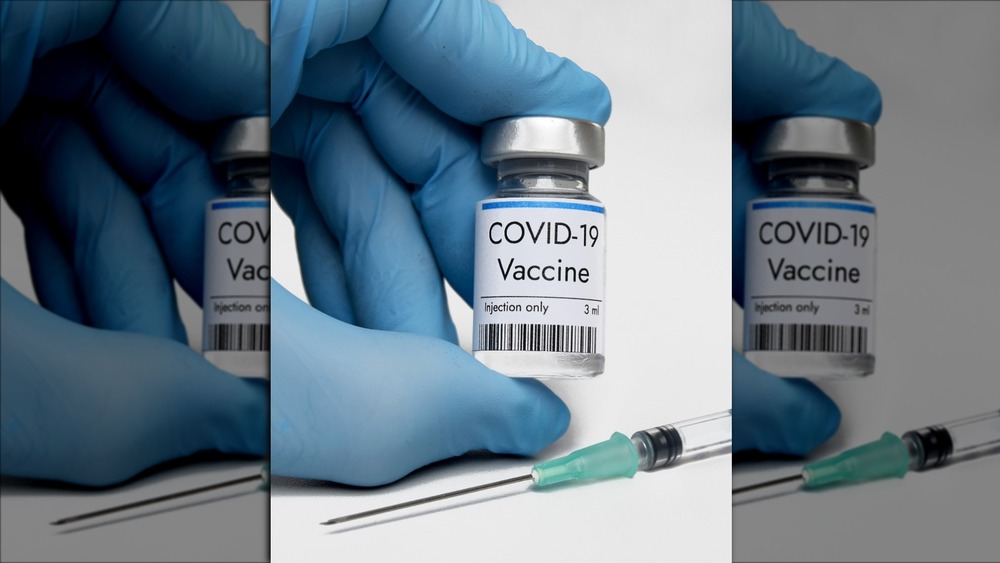Why We Need More Information About AstraZeneca's COVID-19 Vaccine News
AstraZeneca has a great name, but there is even more exciting news coming out of this company. They've become the third pharmaceutical company within the past few weeks to announce that their COVID-19 vaccine is just about ready to go. But while the vaccines from Pfizer and the Dolly Parton-funded Moderna have been reporting trial results of 90-plus percent effectiveness (94.5 percent, in Moderna's case), AstraZeneca's results are, well, maybe 70 percent effective, according to CNN. Plus, the initial reports coming out about the vaccine's effectiveness are a little bit confusing, so far.
While overall, the trials for the AstraZeneca vaccine seemed to indicate that the vaccine will do the job as promised, what troubles health professionals is the fact that the company has yet to share the details on how this data was collected.
We don't have enough data to assess test results
While they said over 100 participants in their study developed COVID-19, they didn't note how many had received the trial vaccine, and how many got a placebo — or how much data from the 23,000 participants was included in the analysis that led to their conclusion.
Dr. Paul Offit, a member of the FDA's Vaccines and Related Biological Products Advisory Committee tasked with reviewing the different COVID-19 vaccines before they hit the market, told CNN, "Absent knowing this, it's hard to know the significance of their findings." Florian Krammer, a virologist at the Icahn School of Medicine at Mount Sinai in New York City, said something similar to The New York Times: "The only thing that you can really say right now is that the vaccine seems to work... It's just hard to say how well it works compared to others."
One question we do have an answer to, however, regards the dosage. It seems this vaccine, which requires two doses to be effective, was tested in two combinations: one where the initial dose was half-strength, the other where it was full strength. Why did the researchers try two different dosages? It seems this was done by mistake. A "happy little accident," as it turns out, since oddly enough, the half-strength initial dose proved to be the better of the two.
When might this vaccine be available?
While the test results so far seem to indicate that the virus does not have any unsafe side effects, the Times notes that there were two instances where trial participants experienced neurological problems that paused the trials temporarily. Although these issues were not linked to the testing itself, they still caused the FDA to caution extra vigilance in further trials. Dr. William Schaffner, a member of the CDC's Advisory Committee on Immunization Practices, shared his concerns about these incidents with CNN, saying, "I'd like to know the data specifically about those serious adverse reactions that caused the trial to go on pause."
As to the FDA timeline, it seems the AstraZeneca vaccine may require additional trials in the U.S. (initial testing took place in the UK) before the FDA is ready to grant emergency distribution authorization. This means we won't be seeing this drug in pharmacies before some time next year. There is, however, one bright spot with AstraZeneca as compared to the other COVID vaccines currently (almost) available: In addition to having a much cooler name, it also has a significantly lower price tag. While health officials have promised free access to COVID vaccines for all, that's still good news for us as taxpayers.



